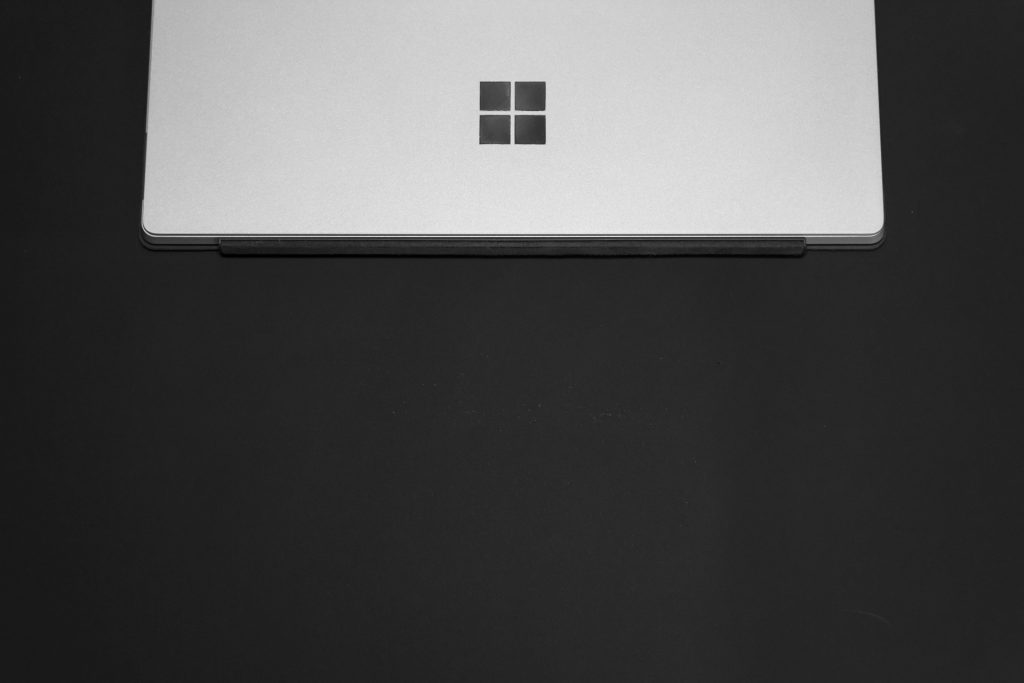Microsoft’s New “AI”-PCs Experience a Rocky Start

Initial tests of Microsoft’s new CoPilot+ PCs reveal sufficient performance but predictable compatibility issues. Moreover, the much-anticipated assistant was not available on the release day.
Microsoft heralded the dawn of a “new era of Windows AI PCs” with great fanfare, promising the “fastest and smartest Windows PCs” available from June 18. However, early tests suggest these devices may not be as swift as claimed, and the intelligence of the CoPilot+ assistant was notably absent at launch.
Not long ago, Microsoft proudly announced a new initiative in computer hardware. The “Copilot+” PCs were introduced with bold claims of challenging Apple’s MacBooks. This concept, riding the current wave of AI-driven tools, seemed promising: with partners like Dell, Lenovo, HP, Acer, and Asus, Microsoft unveiled a range of Windows notebooks purportedly optimized for AI-supported functionalities of their operating system.
The Recall Debacle
The first major issue was quick to emerge: a new feature named Recall sparked controversy. Intended as a search function that records screen contents every five seconds, it was meant to allow users to retrieve past activities effortlessly. However, it quickly became clear that this feature could pose a significant security risk for Windows users.
After security researchers raised alarms, Microsoft initially responded by implementing mandatory authentication to secure the data. This did little to allay experts’ concerns, leading Microsoft to delay the feature’s release indefinitely.
As a result, the new notebooks are currently shipping without the Recall feature. This last-minute decision explains why European media outlets have not yet received Surface devices for testing.
A Fresh Start with ARM
A notable advantage of the new hardware is its capability to offload AI processes to dedicated chips, known as Neural Processing Units (NPU), while also reviving the use of ARM architecture alongside x86. Specifically, this involves Qualcomm’s Snapdragon X Plus and Snapdragon X Elite.
According to the manufacturer, these chips promise to be faster than Apple’s M3 and superior to Intel’s smaller Core Ultra variants. The primary benefit touted is an extended battery life exceeding 15 hours. However, this comes with the downside of losing driver flexibility and facing compatibility issues. Where native applications are lacking, Microsoft plans to use an emulation layer to bridge the gap.
Disappointing Hardware Tests
Initial tests indicate that the new era might still be a way off. For instance, Computerbase’s review of the Asus Vivobook S15 concluded that CoPilot+ PCs are not yet a perfect replacement for x86 architecture. While app compatibility has improved, gaps remain.
Performance parity with competitors is only achieved in specific applications, with graphics performance significantly lagging behind AMD and Intel. The platform’s immaturity is particularly evident in gaming, where crashes and performance drops occur. Furthermore, the core feature, CoPilot+, could not be tested, highlighting the system’s current limitations





